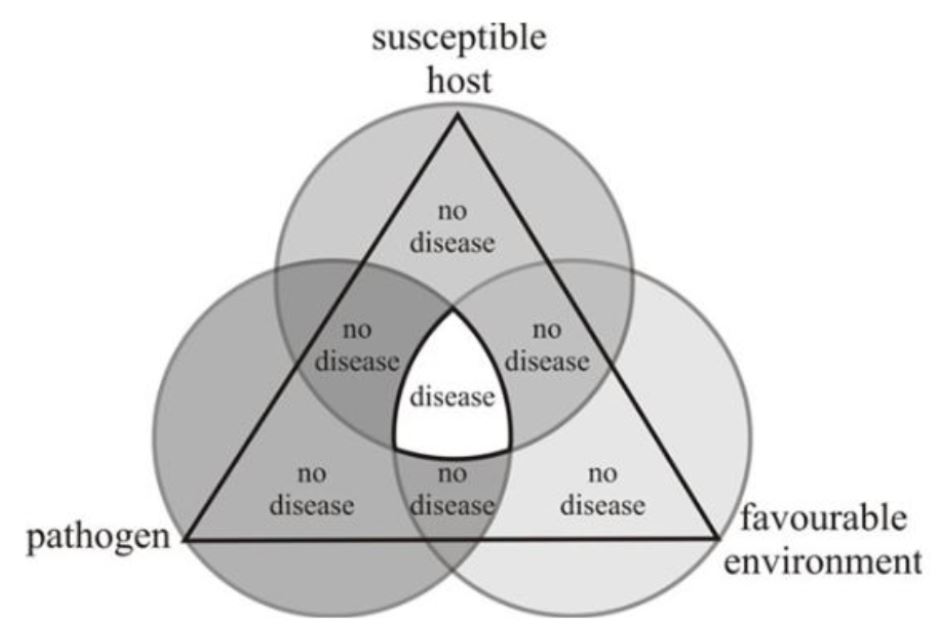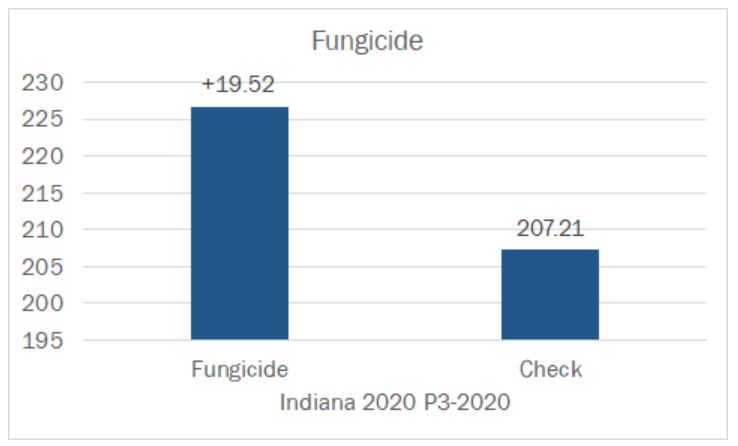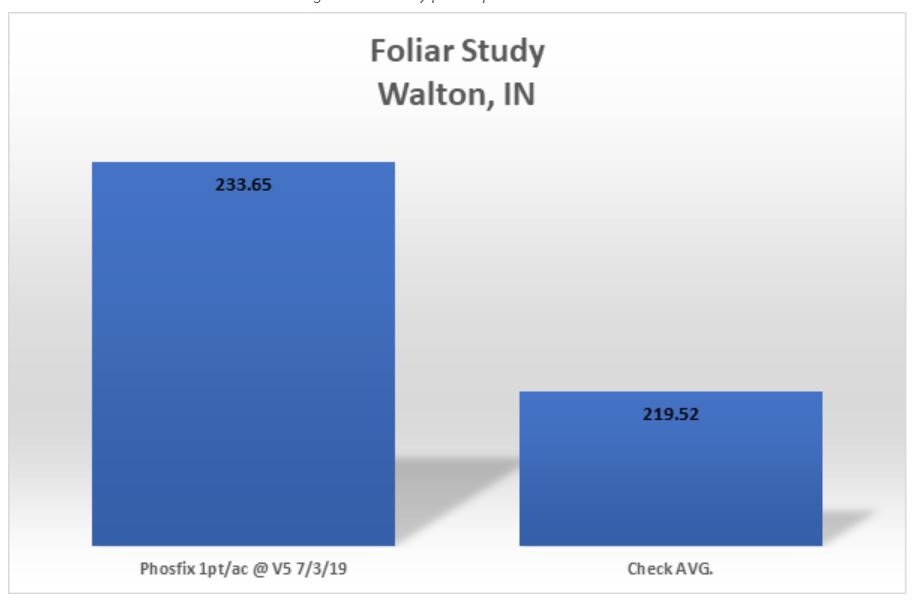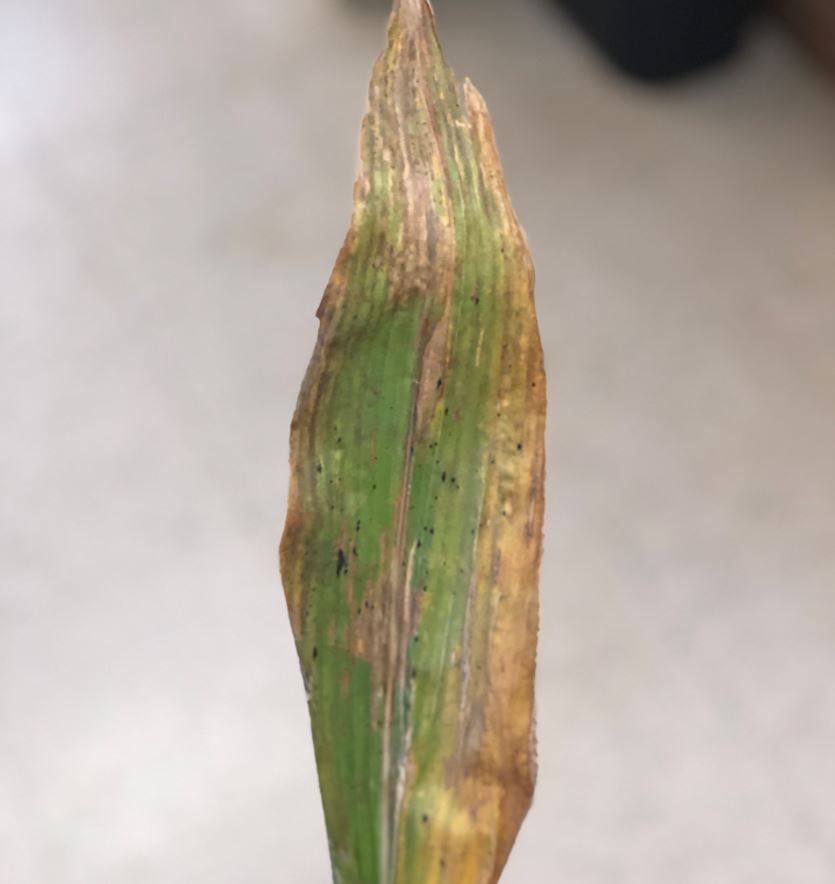Update from the Field: Revenge is a Dish Best Served Cold
Posted by Dave Dyson, Agronomist on December 04, 2020
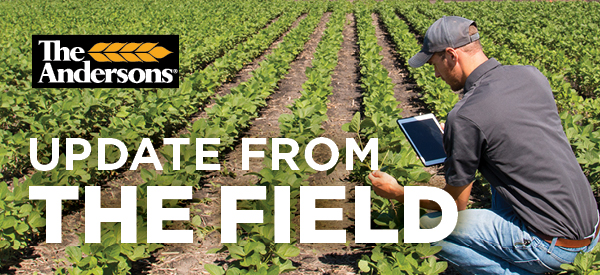
Crop disease has more in common with nutrient deficiency than with insect or weed pressure. When insect or weed pressure is present in a production field, the problem can be eliminated with a spray application of either an insecticide or herbicide, depending on the pest. Once a plant is showing symptoms of disease or nutrient deficiency, it’s too late, the damage is done. You have now entered the phase of “Revenge Spraying”. Someone once said, “revenge is a dish best served cold”, but the problem with revenge spraying is the return on investment(ROI)does not add up.
It is essential to keep an eye on field conditions to anticipate what will happen in the next 30-60 days. There are tried and true scientific methods that agronomists use to determine what to put on a crop and when. The biggest indicator to anticipate crop disease is to look at the history of the field, the surrounding area, and the hybrid variety. There are a few questions to consider when looking at field history.What is the history of crop rotation, disease, or residue left on top of the ground? Does the forecast show a favorable weather pattern for disease?Coupling the field history with the disease triangle, Figure 1, helps to develop a picture of what will most likely happen in the field.
Figure 1: The disease triangle shows three important factors must be present for a disease to occur.
Being proactive before a problem occurs will pay dividends with both a fertilizer and a fungicide application. A replicated fungicide trial was performed at the Walton, Indiana, corn test plot and found an interesting result with a single fungicide application at V5 growth stage. The test plot received more than adequate rainfall during the month of June, averaging greater than an inch per week. Fungicide was applied at the V5 growth stage, which was the last week in May. A yield increase was observed as a result of protecting the corn crop from a fungal-inducing environment, Figure 2. Likewise, getting ahead of a nutrient deficiency is key to creating a return on investment with a foliar fertilizer. Phosfix® not only protects the yield but can add bushels to an already great crop by promoting growth with fulvic acid and plant growth regulators, Figure 3.
Figure 2: The resulting yield from this replicated plot in Walton, Indiana, in 2020 shows the decision to protect the corn crop during the June rainy period proved to be a winner.
Figure 3: The addition of Phosfix at the V5 growth stage protected a great yield and increased bushels by encouraging plant growth with both fulvic acid and plant growth regulators.
In the Great Lakes region, a new disease called tar spot creeps into the corn canopy late in the season, Figure 4. Tar spot can attack the corn late enough in the season to not directly impact yield, but it can indirectly affect yield by attacking the stalk strength of the corn plant, making it difficult for the harvesting equipment to pick up the corn. A recent example of this situation occurred at a test plot in Coldwater, Michigan, which became infested with tar spot, causing the corn to become lodged and making harvesting the plot very difficult and slow. The most effective way to control this disease is to strike before it hits. We recommend a planned fungicide pass at the VT growth stage with 1 gal/ac of Over Pass® CF. This preemptive strike of slow-release nitrogen and boron in Over Pass CF will prevent nutrient deficiencies from developing during the critical reproductive stages.
Figure 4: This picture of tar spot on a corn leaf was taken by Ashley Buehrer on 9/24/20 at the Coldwater, Michigan, test plot. The disease shows up as black raised structures on the leaf.
In conclusion, “revenge spraying” does not provide a positive ROI. Instead, it is imperative to be proactive in applying a crop protection program. When dealing with protecting or increasing yield, an earlier application tends to result in a better yield. Contact your local Trusted Ag Advisor from The Andersons for recommendations on rates and timing for both fungicide and foliar fertilizer.
FOR MORE INFORMATION:
Please complete the form, and we’ll get you in touch with your Territory Manager from The Andersons.

Dave Dyson is a regional agronomist for The Andersons’ Farm Centers which are located throughout Ohio, Michigan, and Indiana. He is an Indiana native and grew up on a dairy farm in Miami County. A graduate of Purdue University with a degree in Crop & Soil Science, Dave has a deep knowledge of various agronomic topics and is committed to helping growers improve their crops. If you have any questions, Dave can be reached at david_dyson@andersonsinc.com.
© 2020 The Andersons, Inc. All Rights Reserved. Phosfix and Over Pass are registered trademarks of The Andersons, Inc.
